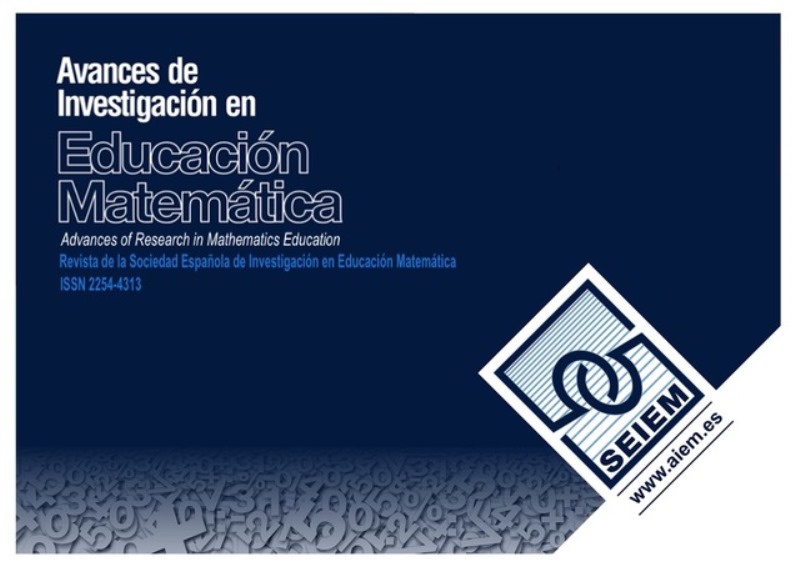Developmental stages and important periods of probability cognition in 6 to 14 year-old students
DOI:
https://doi.org/10.35763/aiem.v1i11.194Keywords:
Students, probability, cognition, learning and understandingAbstract
This study chose 906 students of 6 to 14 years of age and focused on the developmental stages and important periods of probability cognition. The study shows that probability cognition of students aged 6-14 experiences the following 5 stages: slow development stage I (6-7 years old), quick development stage I (8-9 years old), slow development stage II (10 years old), quick development stage II (11-12 years old) and stagnant stage (13-14 years old). Additionally, there are two important periods in students’ cognitive development: 8-9 years old is the first period and 11-12 is the second. Even at the highest development stage, students can just understand the number representation, probability distribution and fraction representation while ca not reach the mastery level, which suggests the limitation of students’ probability cognition. Accordingly, curriculum should take students’ cognitive development level into account and set reasonable cognitive objectives.
Downloads
Downloads
Published
How to Cite
Issue
Section
License
The articles published in this journal are under a license Creative Commons: By 4.0 España from number 21 (2022).
Authors who publish with this journal agree to the following terms:
- Authors retain copyright and keep the acknowledgement of authorship.
- The texts published in this journal are – unless indicated otherwise – covered by the Creative Commons Attribution 4.0 international licence. You may copy, distribute, transmit and adapt the work, provided you attribute it (authorship, journal name, publisher) in the manner specified by the author(s) or licensor(s). The full text of the licence can be consulted here: http://creativecommons.org/licenses/by-nc/4.0.
- Authors are able to enter into separate, additional contractual arrangements for the non-exclusive distribution of the journal's published version of the work (e.g., post it to an institutional repository or publish it in a book), with an acknowledgement of its initial publication in this journal.
- Authors are permitted and encouraged to post their work online (e.g., in institutional repositories or on their website) prior to and during the submission process, as it can lead to productive exchanges, as well as earlier and greater citation of published work (See The Effect of Open Access).









